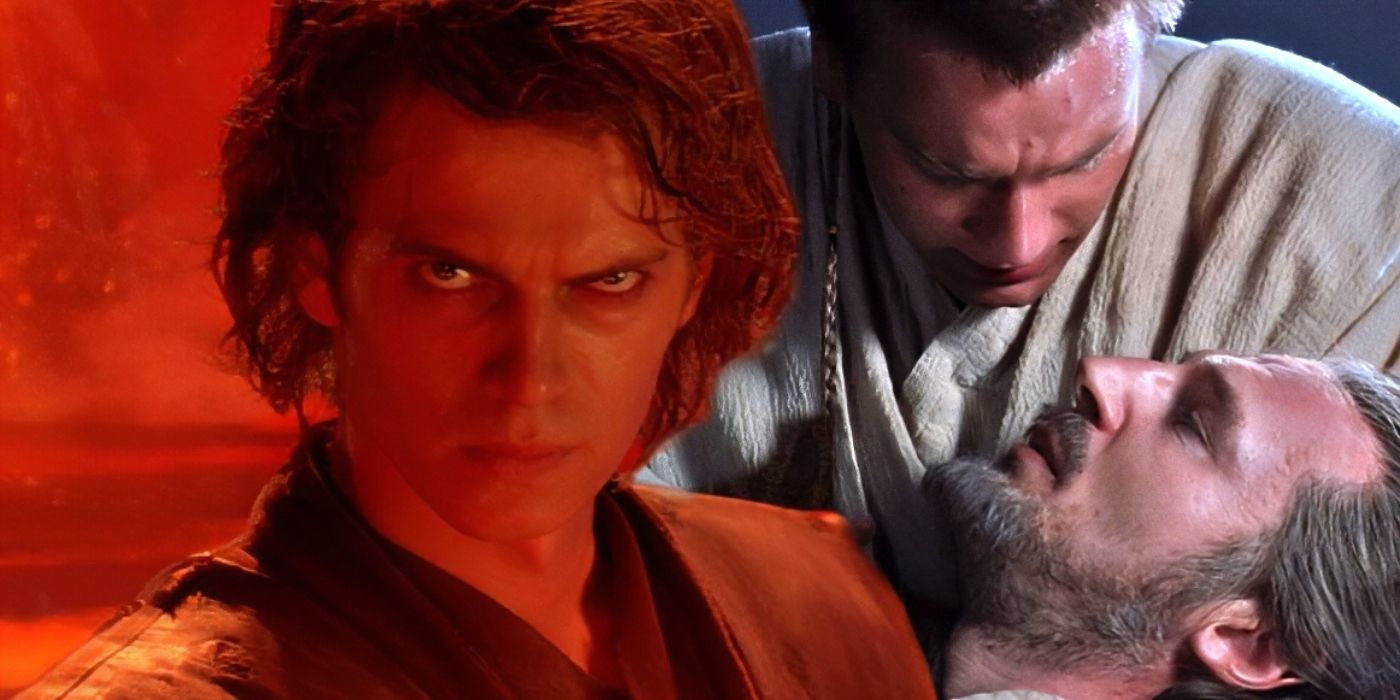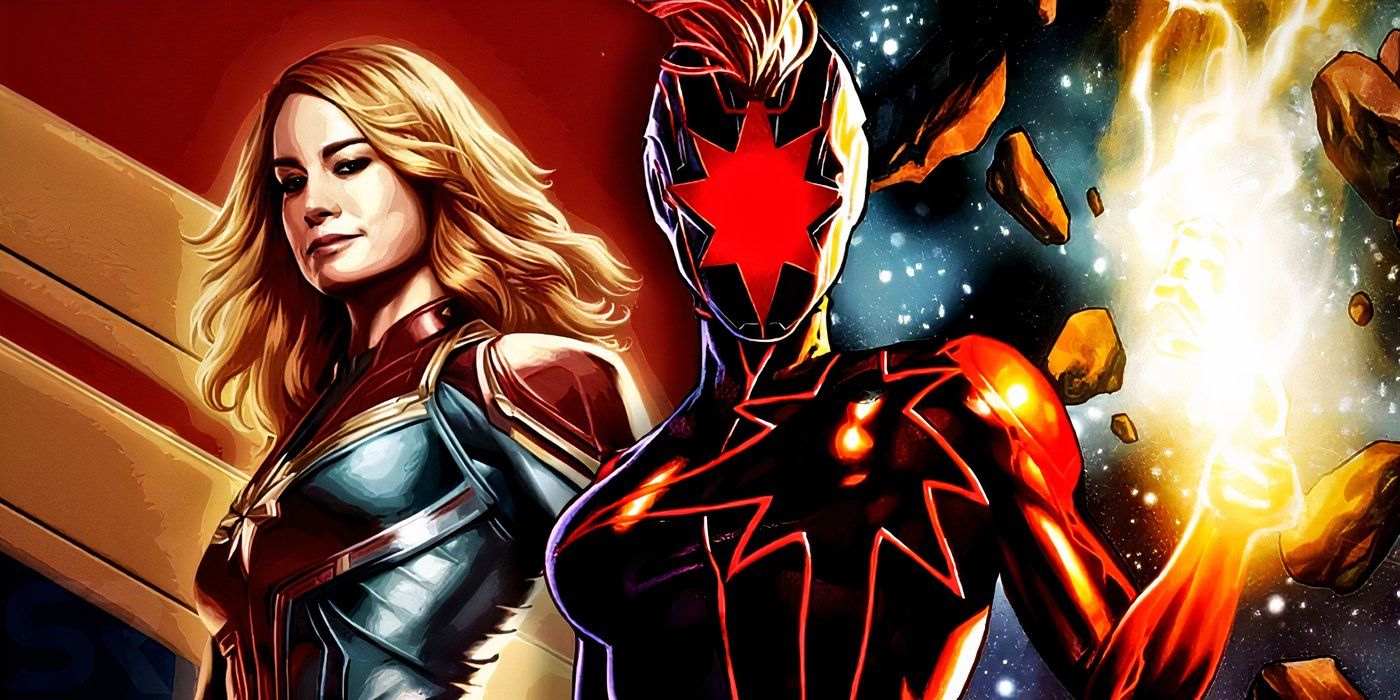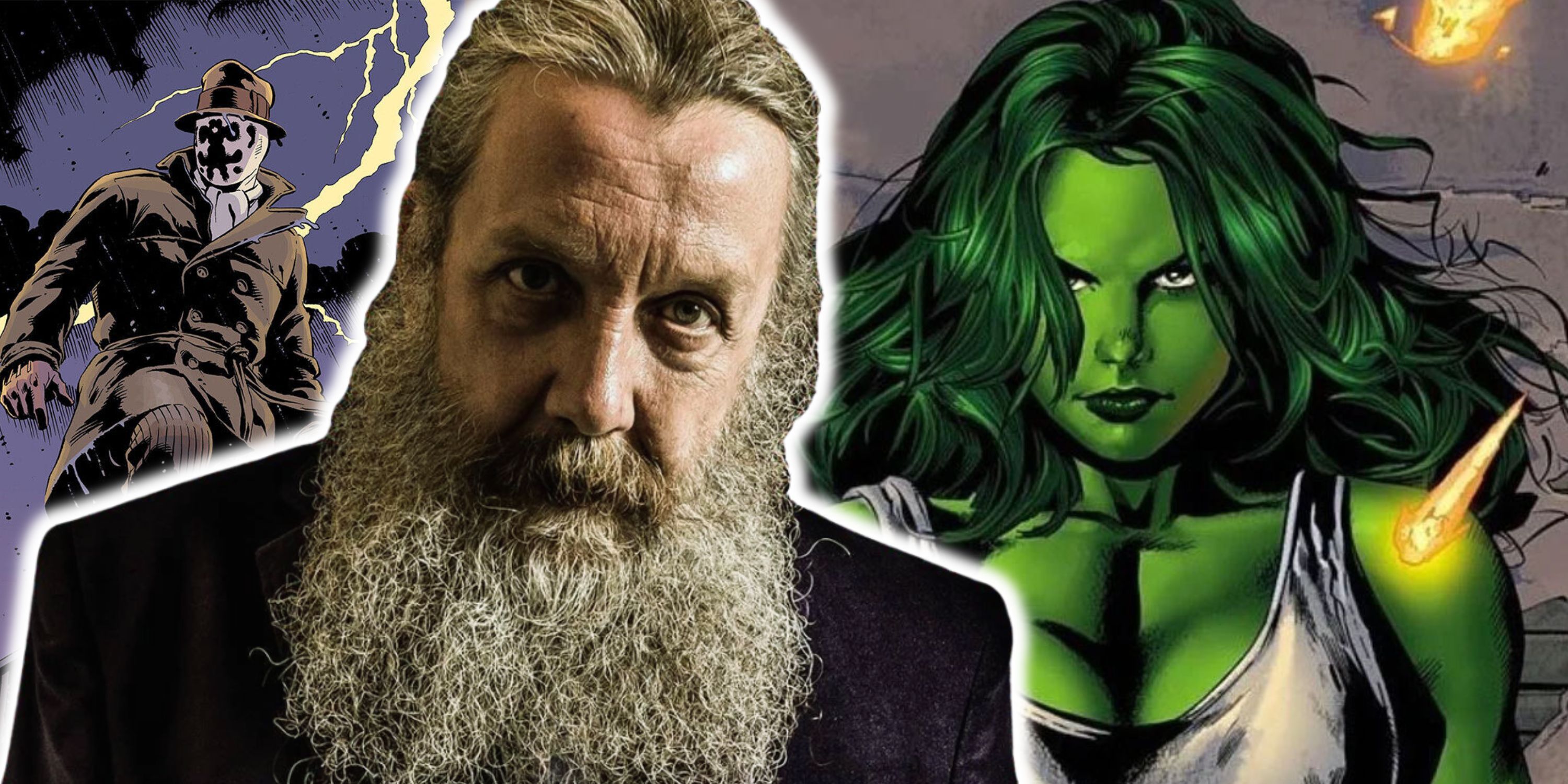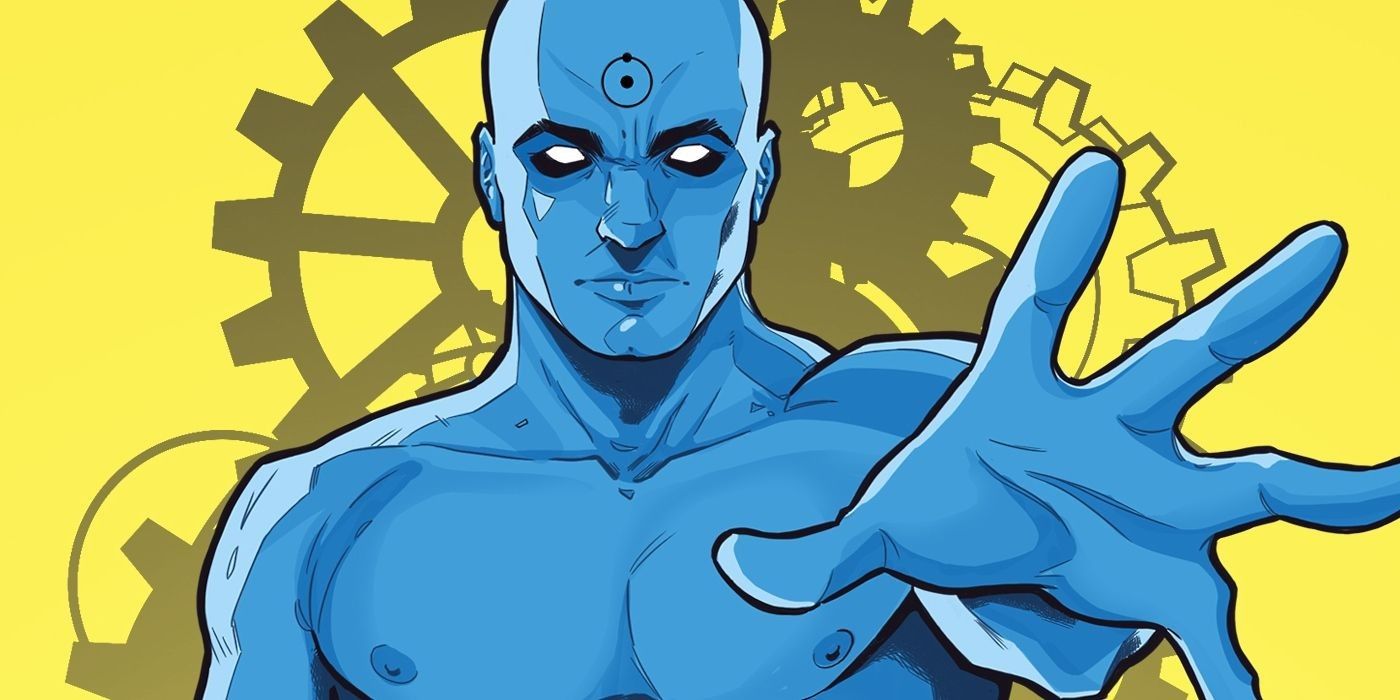Summary
- In a 2014 interview, Alan Moore criticized the term "graphic novel" as misleading, suggesting that he believes it allows comic fans, and the industry as a whole, an excuse not to "grow up."
- Moore argued that trade paperback collections are usually neither "graphic," nor are they "novels," suggesting that this rebranding effort obscures the true nature of these collected editions.
- Watchmen creator views graphic novels as nothing more than "big expensive comics," reflecting his overall disdain for the comic book industry, which he left behind to pursue a career as a prose author.
To say that Alan Moore is one of the most important figures in the comic book industry wouldn't do justice to the influence that his stories continue to have on the medium – yet he has turned into one of the industry's fiercest critics. He has savaged comic book publishers at every possible turn, including with his critique of "graphic novels."
In an interview from Film4 Frightfest 2014, Moore offered his take on graphic novels, noting that he considers the term to be a misnomer, one that intentionally misleads paying audiences into thinking they are getting something they are not.
Expressing opinions that reflect his famously anti-superhero sentiment, he opined on his assessment of the type of reader who refers to comics as graphic novels. While some of his points are reasonable, his perspective is a mixed bag of personal bias, unfiltered opinions, and disdain for a genre and industry that he left behind.
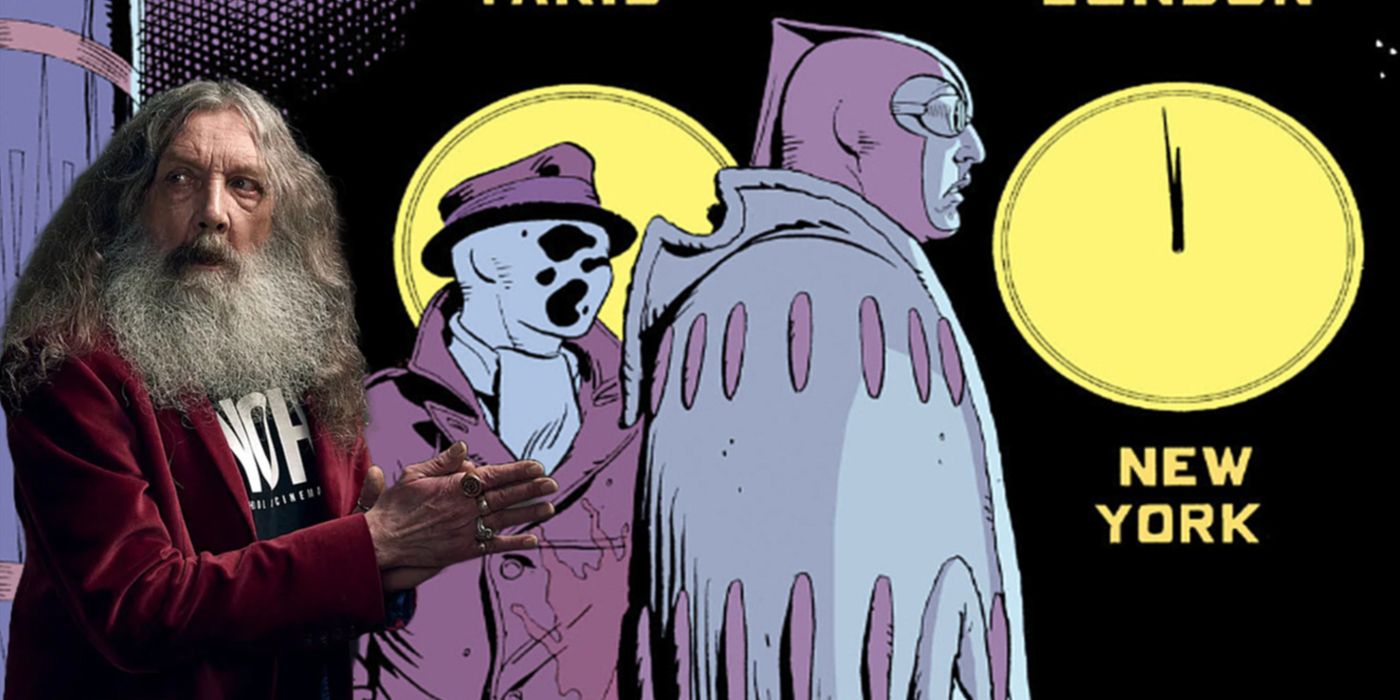
"It Was So Easy to Have an Effect": Alan Moore Perfectly Explained Why Watchmen Permanently Changed Superhero Fiction
In a BBC interview, Watchmen creator Alan Moore explained why it was "so easy" for the book to cause a seismic shift in superhero storytelling.
Alan Moore's Takedown Of The Term "Graphic Novel"
He Characterizes The Name As Misleading
Moore explained his contempt for the notion that comics had "grown up," something often attributed to the writer himself. However, he disputes this perception of the overall industry.
Addressing the term "graphic novel," Alan Moore surmised that it was little more than part of the comic industry's coordinated attempt to rebrand for a more adult-oriented readership. This began in the 1980s, as a generation of comic fans matured and started to gravitate away from the medium. According to Moore, the term ""granted a license to a lot of people not to actually have to grow up." As Moore noted:
[Graphic novel] was a term that I hated because they're not particularly graphic, and they're certainly not novels. Usually they're twelve issues of She-Hulk stapled together.
His comments on comic book publishers and readers aside, Moore's issue with the use of the word "novel" is particularly interesting, considering his own move into prose.
Further, Moore explained his contempt for the notion that comics had "grown up," something often attributed to the writer himself. However, he disputes this perception of the overall industry, opining:
They hadn't. There were about three or four halfway decent comics. And the rest of it was still the same juvenile rubbish that had been produced for the last forty or fifty years.
The author's disdain for 'juvenile' comics is one of his more famous opinions since, as he himself has stated, the point behind The Killing Joke was to alienate adult Batman readers. In all, Moore's comments at Film4 Fright Fest 2014 are another potent example of his lacerating perspective on superhero comics as a whole.
According To Watchmen's Creator, Graphic Novel Means "Big Expensive Comic"
Rather Than Something Special
Moore's perception that graphic novel simply means "big expensive comic" isn't completely off the mark...though it certainly can be said to come with an extra dose of animus towards the industry.
In Alan Moore's defense, the term "graphic novel" has never had any particular meaning. Where some use the term to refer to trade paperbacks, others use it to describe squarebound one-shots or over-sized miniseries. Moore's particular issue appears to be with readers he views as being in denial of the juvenile nature of their hobby. It isn't uncommon for some comic book readers to make a point of distinguishing their mature tastes in books like Preacher, from the more all-ages comics like Superman. In the Watchmen creator's eyes, these readers can't accept their own emotional immaturity.
Moore's perception that graphic novel simply means "big expensive comic" isn't completely off the mark. Publishers often use the term to separate out their weekly releases from their collected editions. The writer has been open about his distaste for adult comic book readers, as well as the superhero genre, for years – and it long predates his clash with DC over the Watchmen rights. Alan Moore makes some good points about graphic novels, though it certainly can be said to come with an extra dose of animus towards the industry.
Source: RCN TV, Film4 Frightfest 2014 coverage
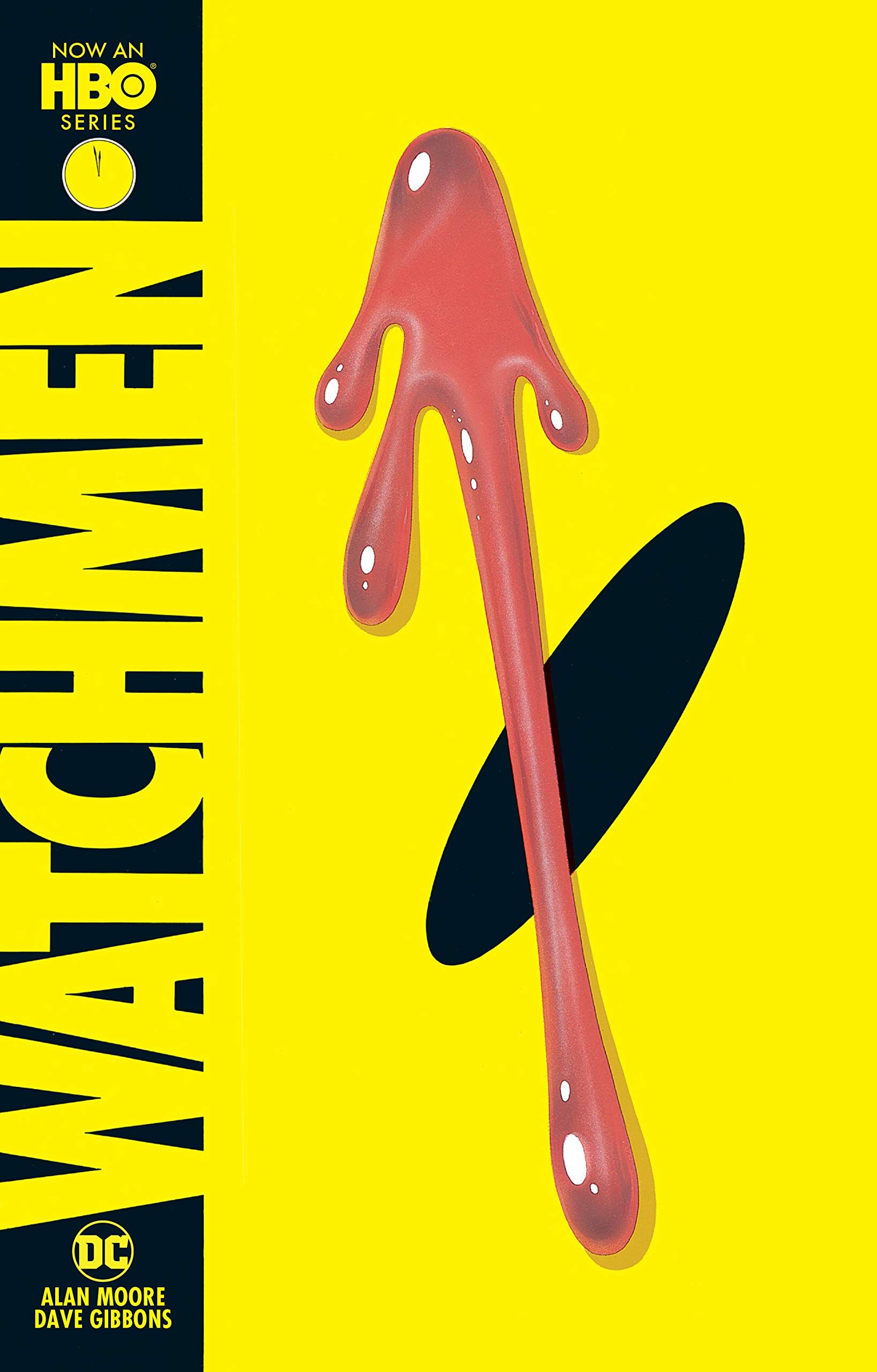
Watchmen
Watchmen is considered one of the best graphic novels in history and has won the Hugo award for the chronicle of falling from grace. You will sincerely love this groundbreaking series that was written by the same author who wrote V for Vendetta. The images are high-quality and recolored that will make them more intensely gratifying.


